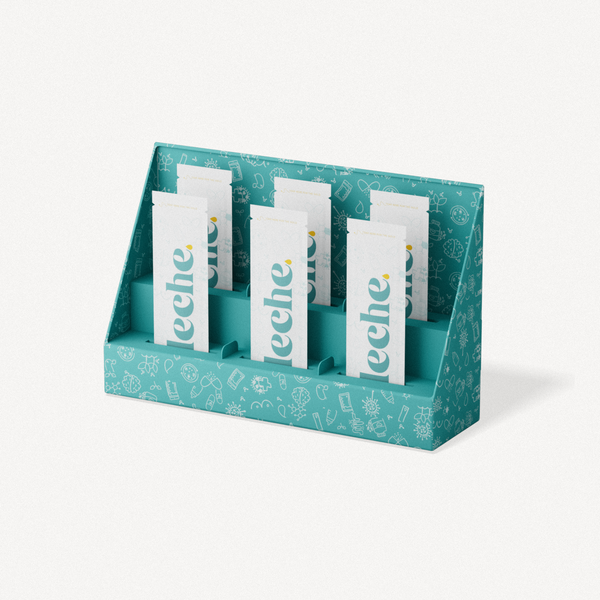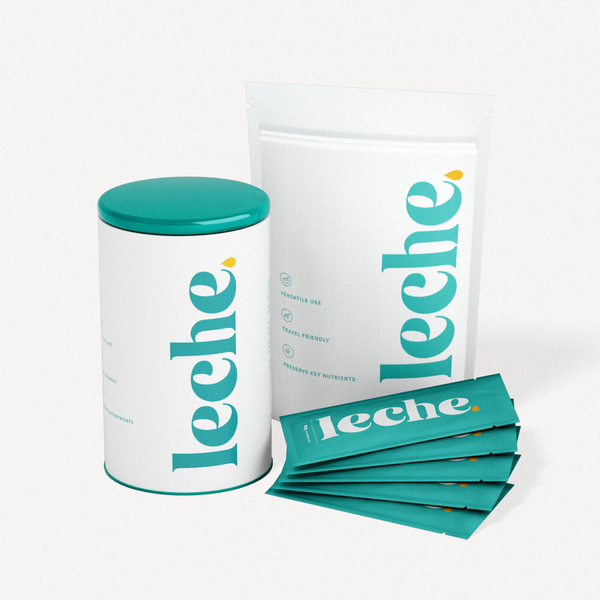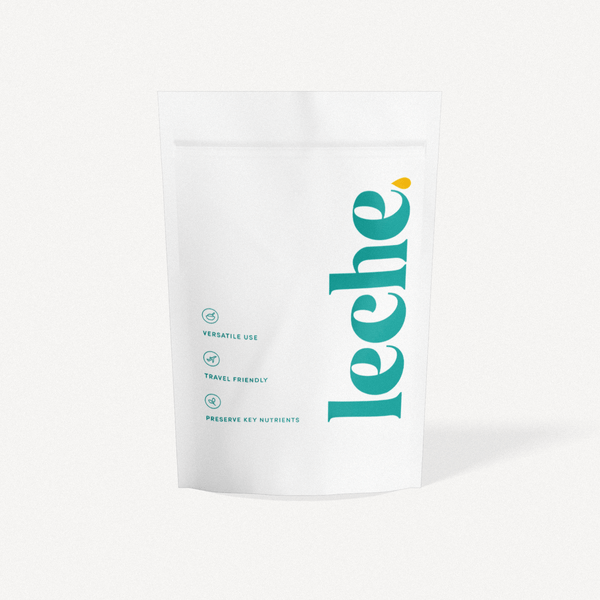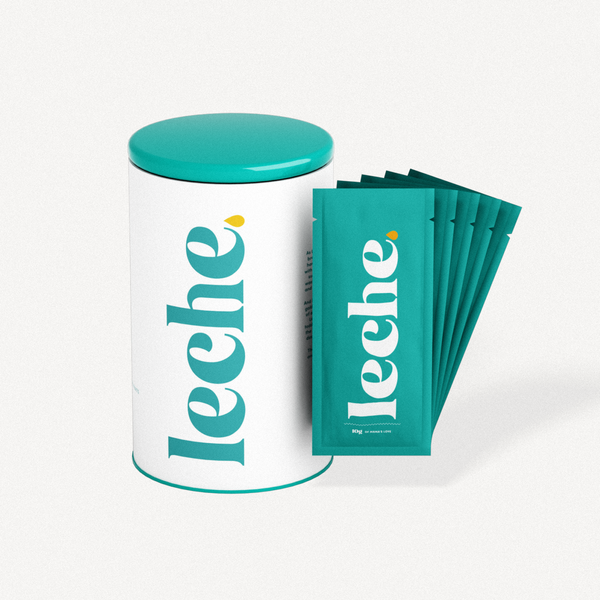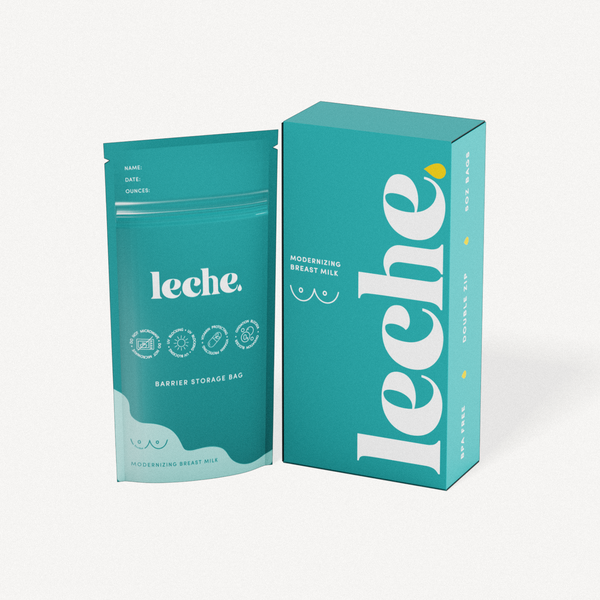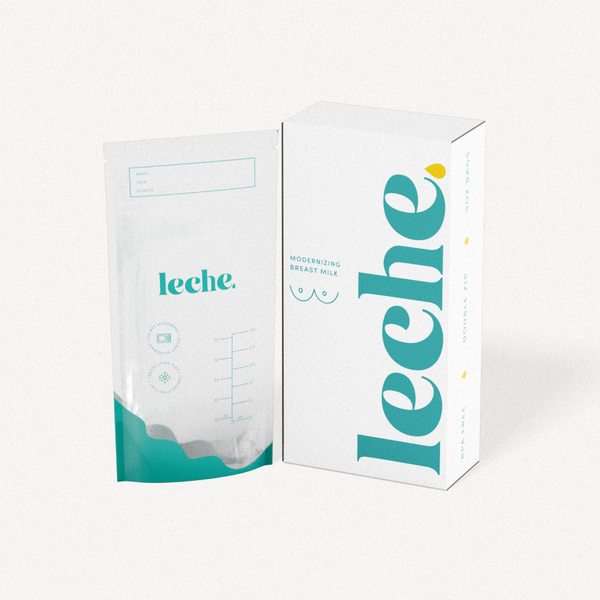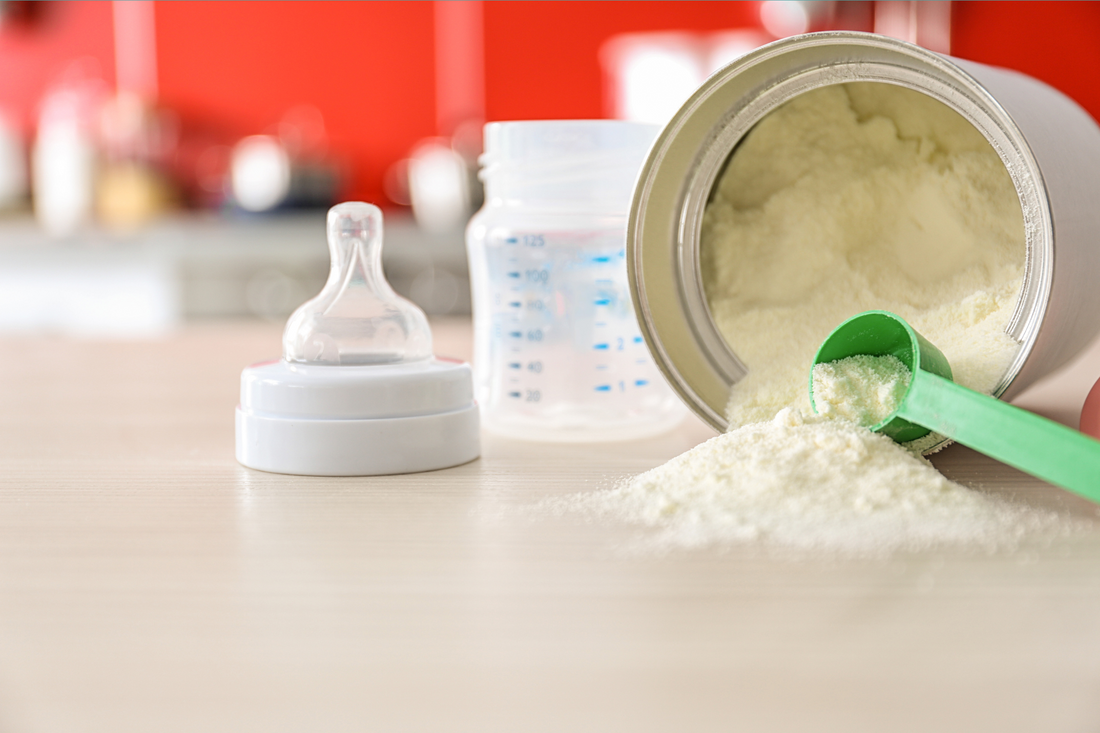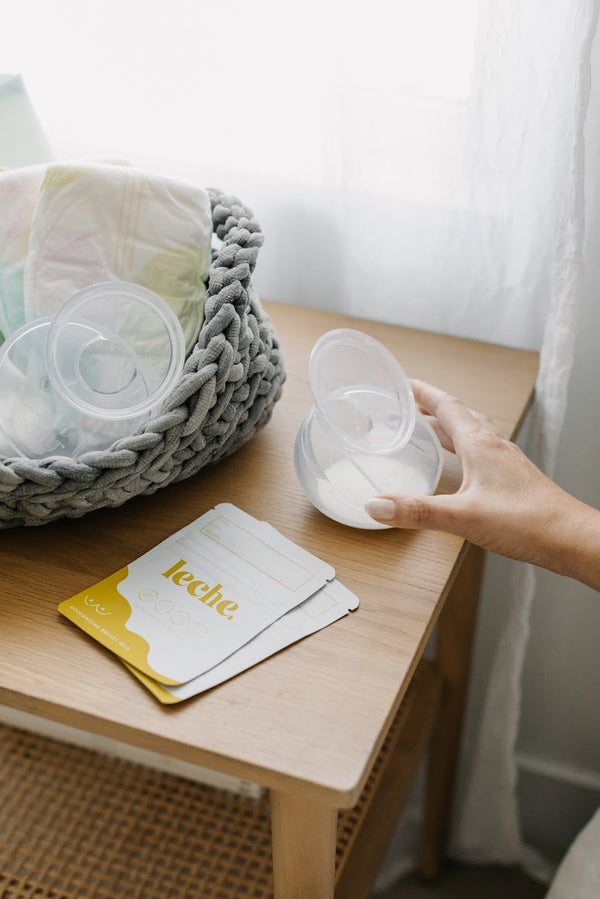more options for more families
In 2022, the United States faced a nationwide infant formula shortage that exposed deep flaws in how we feed our babies. Families were left scrambling, babies went without proper nutrition, and caregivers were forced to make impossible choices. The crisis revealed a truth we can’t ignore — we’ve built an infant feeding system with no backup plan.
Out of that moment came a powerful realization: we need more options.
For decades, traditional milk banks have done extraordinary work supporting fragile infants, especially those in NICUs. They collect, screen, pasteurize, and distribute donor milk to premature or sick babies — a life-saving mission that continues today. These banks, certified by the Human Milk Banking Association of North America (HMBANA), ensure every ounce is handled with the highest standards of safety and care.
But as the formula crisis showed us, the need for breast milk goes far beyond hospital walls. Families of all kinds — adoptive parents, foster parents, surrogate families, and working mothers managing supply — deserve access to safe, trusted donor milk, too.
That’s where Leche comes in.

At Leche, we’re introducing a new way forward: donor breast milk that’s clinically processed, shelf-stable, and made accessible for everyday families. Using advanced freeze-drying technology, we preserve the full nutritional and immunological benefits of real human milk — safely, conveniently, and without the cold-chain limitations of frozen storage.
No more rushing to ship or store milk before it expires. No more barriers between generous donors and the babies who need their milk most.
Every year, more than 456 billion ounces of breast milk are wasted globally — a staggering amount of untapped nourishment. By transforming how we preserve and distribute donor milk, Leche is changing that equation and creating a more resilient, flexible, and inclusive infant feeding ecosystem.
So, whether you’re a donor looking to share your “liquid gold” or a parent seeking real nourishment for your baby, Leche offers a new way to connect — safely, sustainably, and with science on your side.
Because every baby deserves access to nature’s most powerful food. And every parent deserves options.
what to know before you donate
- Before you donate, take a moment to research the milk bank or organization you’re considering. Choose one that’s accredited by the Human Milk Banking Association of North America (HMBANA) — this ensures your milk is handled safely and distributed responsibly.
- You’ll complete a short health screening and questionnaire, and your milk will be tested to confirm it meets safety standards.
- When collecting milk, express and store it in certified BPA-free breast milk storage bags and freeze them flat for easier handling and transport.
- Keep in mind that not all milk banks accept external donations — some only process milk from their own donor pools. It’s always best to check each bank’s requirements before you start pumping or storing milk for donation.

Learn more about Milkdrop, Leche's donor program today.
